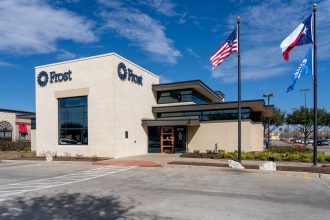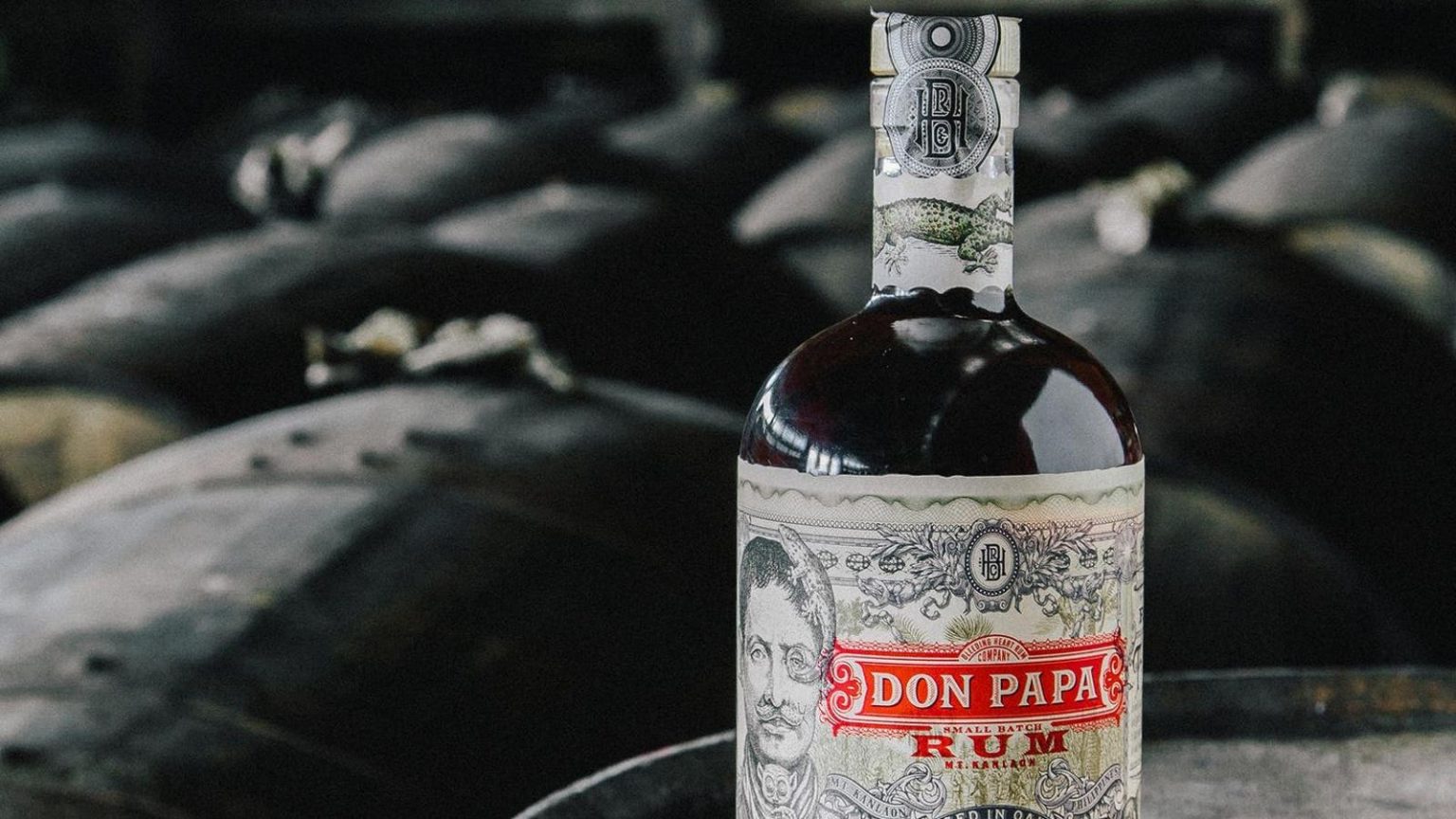Almost one year ago to the day, Diageo – arguably the spirits’ industry’s foremost global leader – acquired Don Papa Rum for €260 million ($284 million), with the potential bonus of a further €178 million ($194 million) added over the following five years.
It was an interesting move for Diageo – a company already profiting off its mass-market rum Captain Morgan – but not a surprising one. The company has become renowned for investing in high-growth brands over the last couple of years; premium and super-premium brands, in particular.
Back in August 2017, Diageo completed its acquisition of George Clooney-founded Casamigos in a deal that valued the tequila brand at roughly $1 billion. Another huge investment, yet one which has seen the brand’s volumes nearly double on an annual basis ever since.
Don Papa, in that sense, looks set to become the conglomerate’s Casamigos of the rum world. Albeit without the tequila brand’s celebrity draw.
In fact, at Don Papa, it’s all about the liquid.
Before former Rémy Cointreau executive Stephen Carroll founded the brand in 2012, it was simply a beautiful idea. Carrol had taken a trip to Negros Occidental, an island in the Philippines’ Western Visayas region, in 2000, and found his mind racing with the promise of utilizing the region’s abundant sugarcane – and the world’s lack of premium rum.
In the years thereafter, he and his team (most of whom are Manila-based and remain long-serving custodians of the company) worked to craft the most exquisite rum the world had ever seen. And, utilizing molasses from the foot of Mount Kanlaon (the island’s live volcano), they achieved exactly that.
Their flagship rum, Don Papa, is a favorite among rum lovers the world over. Once distilled locally on the island, the rum is aged in ex-bourbon American oak barrels and blended with Mount Kanlaon spring water, resulting in a bold and complex palate of vanilla, citrus, honey, and candied fruits.
Don Papa Masskara, inspired by the masked fiesta and fantasy-filled Masskara Festival, is another celebration of all the Philippines has to offer; after pot-distillation, it’s infused with calamansi (an economically important citrus hybrid “lime”) and siling labuyo (a local chilli) for a touch of heat.
Other releases, like Don Papa Gayuma (aged in ex-bourbon American oak casks for three years before going through a double barrel finish of high toast ex-Rioja barrels and toasted oak Islay barrels), take risks in ways other rum companies simply don’t. And consumers love them. Limited-edition releases (finished in sherry casks, rye casks, and more — even Vino de Naranja casks) have flown off the shelves faster than the brand could keep up with (albeit, Pre-Diageo investment) and the brand has grown a cult following in Germany, France, and Italy in mere years.
All of which is to say, Don Papa was an investment well-worth its potential €400 million ($437 million) price tag.
Read the full article here





